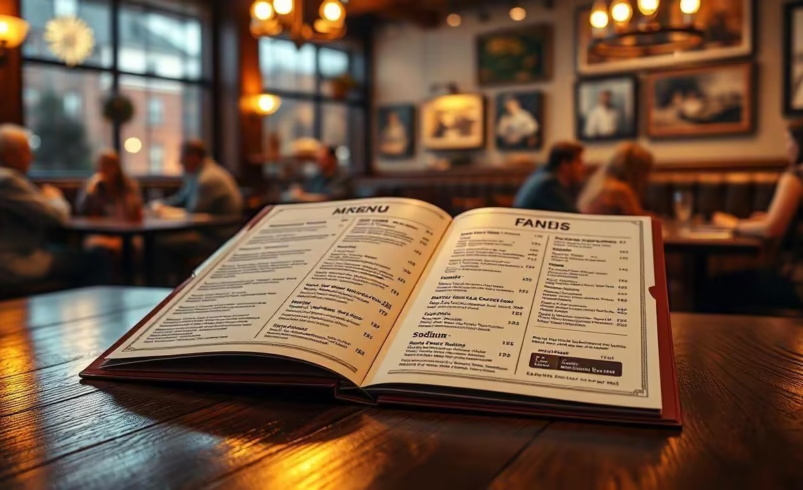Essential Regulations for Running a Restaurant in the UAE
- July 11, 2025
- 0

Operating a restaurant in the United Arab Emirates involves adhering to a comprehensive set of regulations that extend beyond standard health codes. These rules are designed to align with local cultural values and ensure the smooth operation of food establishments. Understanding and complying with these regulations is crucial for any restaurant owner aiming to succeed in this competitive market.
One of the key requirements for restaurants in the UAE is the inclusion of Arabic menus. This rule ensures that all customers, including those who primarily speak Arabic, can easily understand menu offerings. It reflects the importance of cultural sensitivity and inclusivity in the region’s hospitality industry.
The handling of alcohol and pork products is strictly regulated in the UAE. Restaurants must obtain specific licenses to serve alcohol, and there are stringent guidelines on how pork products should be stored and prepared. These regulations are in place to respect local customs and religious beliefs, making compliance essential for maintaining a positive reputation.
For establishments wishing to offer shisha, obtaining the appropriate licensing is mandatory. This involves meeting specific health and safety standards to ensure customer well-being. The popularity of shisha in the region makes this an important consideration for many restaurants looking to attract a diverse clientele.
The conduct of restaurant staff is another critical area governed by UAE regulations. Staff members are expected to maintain high standards of professionalism and courtesy, reflecting the country’s emphasis on hospitality excellence.
Restaurants must adhere to designated operating hours, which can vary depending on location and type of establishment. Additionally, there are rules regarding plastic use, encouraging businesses to adopt environmentally friendly practices. This not only helps protect the environment but also aligns with global sustainability trends.
Adhering to these regulations is not just about avoiding penalties; it is essential for building trust with customers and ensuring long-term success. By respecting local laws and cultural norms, restaurant owners can create a welcoming atmosphere that resonates with both residents and tourists.